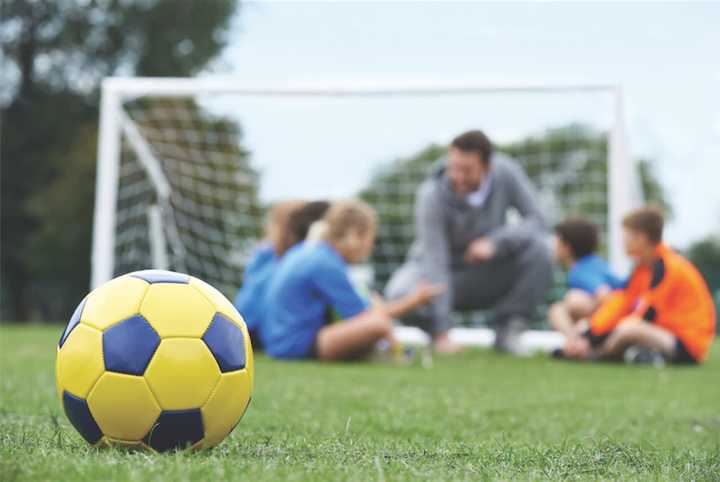Concussion 101
A concussion is a mild form of a traumatic brain injury (TBI) that occurs when an impact to the head or body causes the brain to move rapidly back and forth inside the skull. The effects of a concussion may show up right away, or symptoms may not occur until days or weeks later.
No concussion is ever the same, but here are the 10 most common symptoms of a mild head injury:
– Headache
– Dizziness
– Neck pain
– Nausea/vomiting
– Memory loss
– Confusion and/or difficulty concentrating
– Behavioral changes, emotional changes and irritability
– Sleep disturbances
– Slow reaction time
– Feeling nervous or anxious
These symptoms may or may not include loss of consciousness.
What should you do if your child suffers a head injury?
First, remove your child immediately from whatever activity he or she is engaged in. If you notice any of the symptoms mentioned above or you think something is “just not right,” seek an evaluation by a physician as soon as possible.
When a patient with a head injury is brought to the Phelps Emergency Department (ED), a medical evaluation will be conducted. Sometimes a CT scan or MRI of the brain will be done to rule out a severe injury. If the head injury is not serious, the patient will be released with instructions to be seen by his or her primary care physician for follow-up care.
A patient with a concussion will need to rest and avoid any activities that could exacerbate symptoms. Most head injuries will resolve on their own with no other treatment.
One of the highlights of many students’ school years is being part of a sports team. The important thing is to understand that injuries do occur and if it is a head injury, it should not be taken lightly. By protecting your children as much as you can, you will help keep them in the game!
Click here for 5 tips on how your athletes can avoid a concussion.
